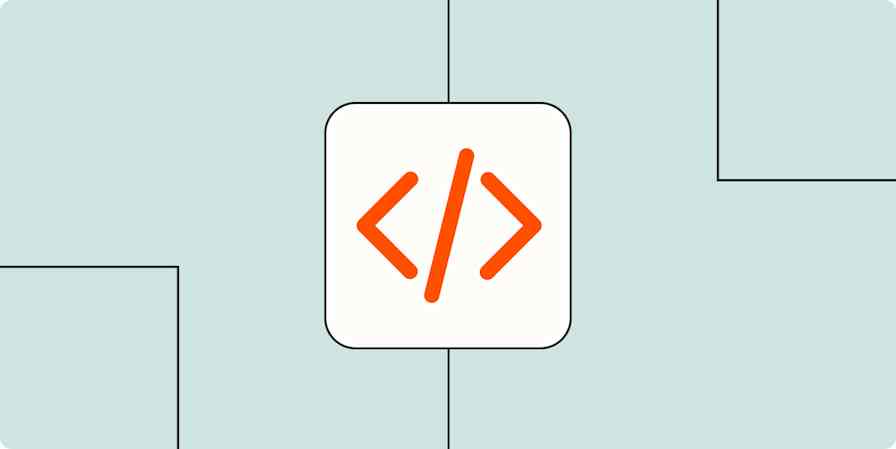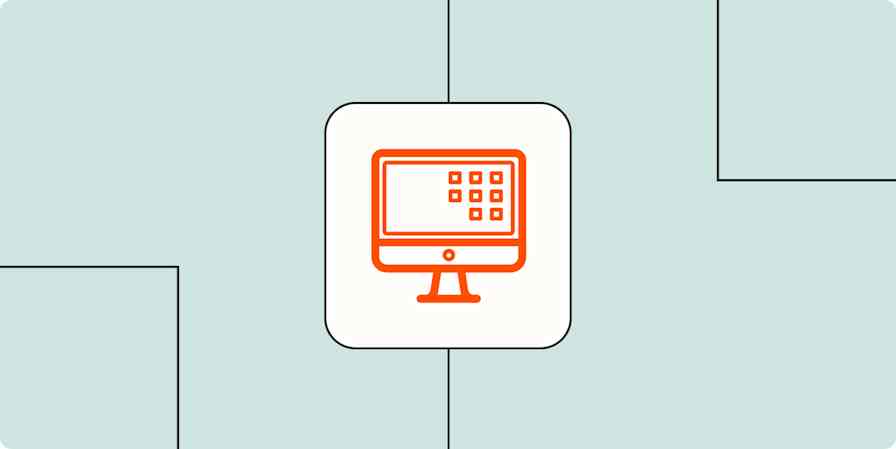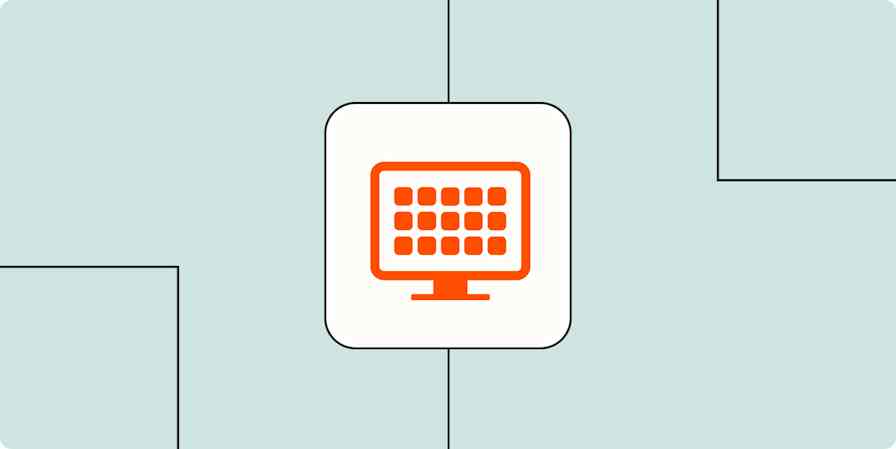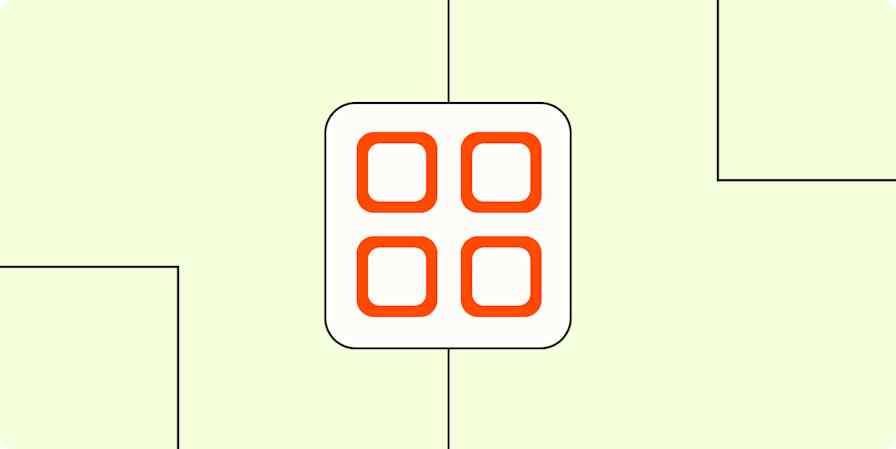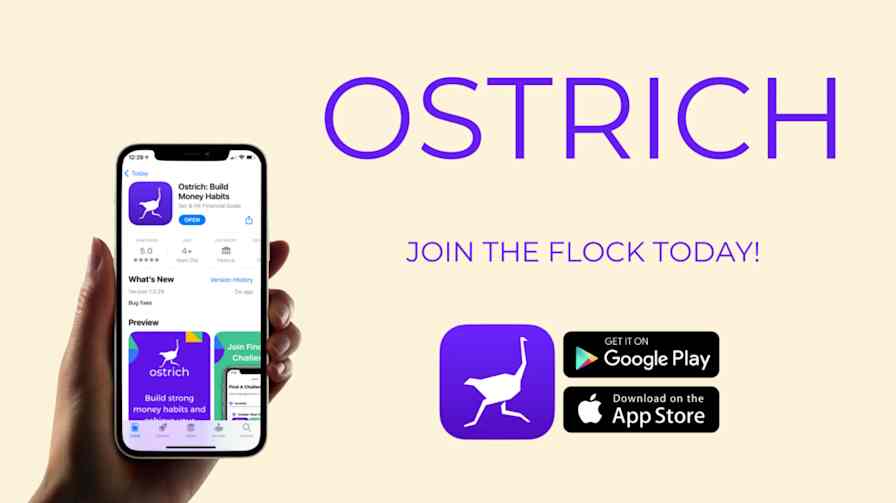Business tips
4 min readWe don't code. But we built our MVP for $100/month.
By Nikki Gusz · December 9, 2020
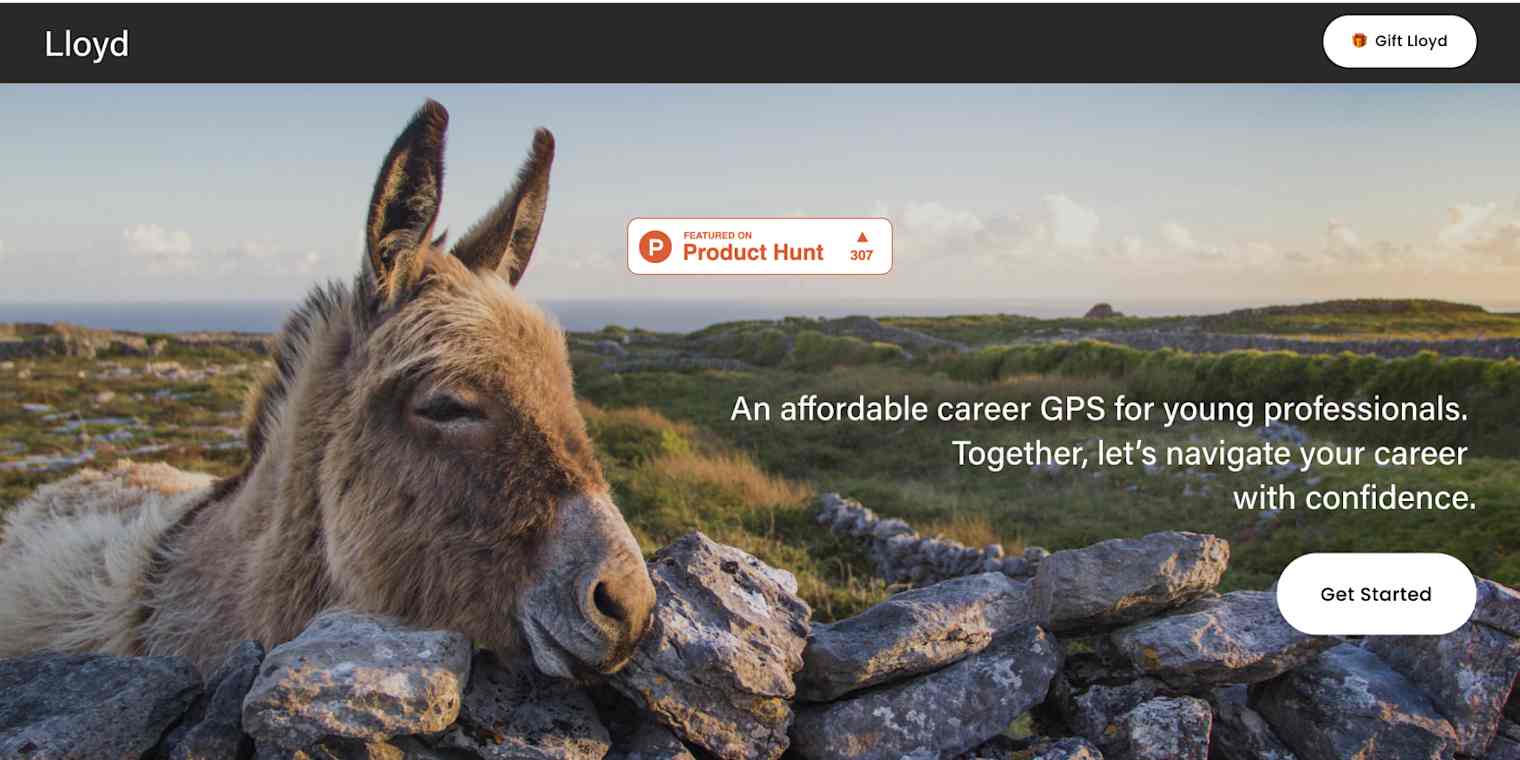
Get productivity tips delivered straight to your inbox
We’ll email you 1-3 times per week—and never share your information.
mentioned apps
Related articles
Improve your productivity automatically. Use Zapier to get your apps working together.



